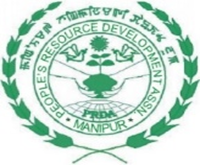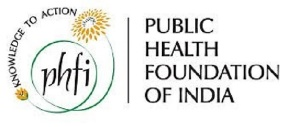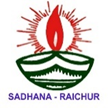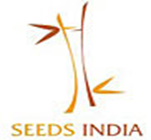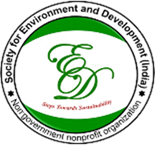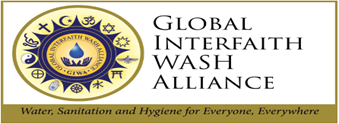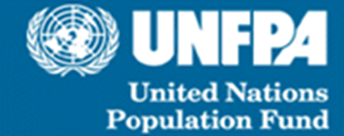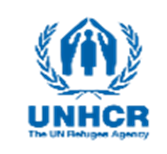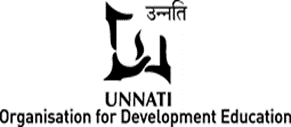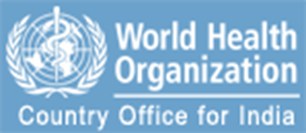Core Sectors
-

SHELTER
From conflict and disasters to situations of mass displacement, safe and adequate shelter is a critical component of emergency response. Shelter will often be necessary to survival, and is an essential component in protecting the privacy and dignity of affected people. This is where Sphere India Shelter Committee comes in the role.
-

FOOD AND NUTRITION SECURITY
Armed conflicts, natural disasters or other form of crisis leads to inadequate access to food and high rate of malnutrition. Food and nutrition committee of Sphere India ensures temporary food distribution and supplementary feedback for vulnerable groups at the time of crisis
-

PROTECTION
Sphere India Protection Committee sets up an effective humanitarian response in situations of conflicts and disaster. Appropriate steps are taken to minimize the threats and risks, and ensure full respect of the rights of all people affected by disaster or conflict
-

EDUCATION
Conflicts, disasters caused by natural hazards and pandemics keep millions of children out of school and the numbers are rising. Protection Committee of Sphere India plays an active role in promoting lifelong quality education for all people – children, youth, and adults – as a part of emergency response and for long-term recovery.
-
WASH
Inadequate water, sanitation and hygiene (WASH) services impact the health, livelihoods and wellbeing of many families. Sphere India WASH Committee ensure availability and sustainable management of water and sanitation during emergencies and disasters. The committee underscores the importance of improving WASH and the impact that will have on achieving a healthy and sustainable world.
-

HEALTH
A Whole-Health approach has to be adopted by humanitarian agencies during the time crisis. States and communities at risk cannot afford to have parallel planning and coordination systems for each category of health risks. Sphere India Health action Committee focuses on formulating a national emergency-preparedness plans that give due attention to public health, including health infrastructure.
Cross Cutting Sectors
-

Communications
Communication is the key to respond to any kind of disasters and conflicts. Timely and disaggregated information, including for needs assessment and response actions, along the lines of age, sex, gender, caste, disability, ethnic and minority statuses for any kind of response measures is extremely crucial. Sphere India communication committee will leverage extensive brainstorming meetings to streamline and adopt unified communication strategy across country to combat the crisis, conflicts and disasters.
-

Children
Children are particularly vulnerable during humanitarian emergencies. In such situations, we shall put the protection of children and their families at the center of our actions. For the protection of children, coordination among child protection agencies is critical as we experience regular emergency needs
-

Animal Protection
Animals are an integral part of several communities that depend on them for their incomes, livelihoods, nutrition, labour, fertilisers, companions and transport. During emergencies, (both rapid and slow-onset disasters) loss of livestock puts these marginalised communities at risk of succumbing to abject poverty. This makes it important for emergency responses to consider the protection of livestock and livelihoods of these communities..
-

Environment
Environmental degradation and climate change reduces the capacity of ecosystems to provide important services to communities like food, firewood, medicines and protection from natural hazards. The most vulnerable are often those who are most dependent on natural resources for their livelihood. To reduce losses, damages and the negative impact of disasters amplified by climate changes Sphere India will undertake substantive measures for the same.
-

Logistics
Logistics are considered as one of the biggest challenge in disaster relief operations. Disaster Response Supply Chains are usually characterised by zero lead times, extremely unpredictable demand patterns, improper logistics and infrastructure facilities, unreliable information, and also the presence of alternate supply chains operating in parallel. Supply Chains are typically created from vast numbers of actors to provide disaster response efforts, having completely different motives, roles, mandates, and work ways as well as origins, history, geographical, cultural and political backgrounds.
-

Age and Disability
Persons with age and disabilities are more likely to be left behind or abandoned during evacuation in disasters and conflicts due to inaccessible warnings, evacuation, response (including shelters, camps, and food distribution), and long-term recovery efforts. Sphere India focuses on the need to ensure that international cooperation initiatives, including development programs, are accessible and inclusive of people with disabilities. Member organisations are encouraged to support capacity building and the exchange of knowledge and best practices on the same.
-

Gender
Gender- based behaviours and stereotypes about what men and women can and cannot do, or should and should not do, can further contribute to gender differences with devastating consequences. Yet, attention to gender is consistently one of the weakest areas of humanitarian response. Women and girls generally tend to be the main victims of natural disasters. Sphere India will focus on undertaking actions that encourage gender equality highlighting good practices from national and international experiences in gender sensitive programming.




























































